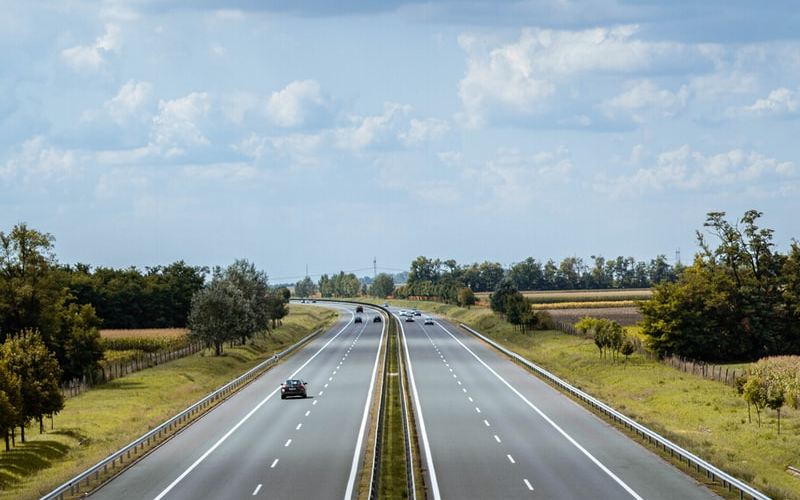To quote Boys of Summer by Don Henley, nobody's on the road, nobody's on the beach.
But that could all come to an end sooner than you might think, as Queensland and Western Australia have begun easing travel restrictions.
Queenslanders will be permitted to drive up to 50km from their homes from 2 May, while WA now allows picnics, boating, hiking and camping in groups of 10 people or fewer.
More states could follow suit, and oil markets are stabilising according to CommBank senior economist Ryan Felsman.
"Queenslanders and Western Australians are certainly encouraged to fill up," he said.
"Aussie motorists are big beneficiaries of the collapse in global crude oil prices.
"In fact, retail unleaded petrol prices are near 17-year lows in Adelaide, Perth and Sydney today, according to fuel app MotorMouth."
Pump prices are also at 15-year lows in Brisbane and Melbourne, while prices at the bowser are at 11-year lows in Canberra.
RACQ spokesperson Lauren Ritchie said while eased travel restrictions would induce demand for petrol, the price hike at the pump may not be seen for some time.
"An increase in travel will lead to an increase in sales volumes," she said.
"As more countries restart their economies, this will lead to greater demand for oil and may cause an increase in the oil price
"However, this effect will only become evident in the longer-term."
According to the Australian Institute of Petroleum, the national average price for unleaded petrol fell to 100.6cpl (cents per litre).
This national average hasn't been seen since February 2005.
Brisbane had the lowest average of 90.7cpl, while Hobart retailers were still charging an average of 127.5cpl.
How low can fuel prices go?
Cheap fuel might not last much longer - oil producers and refiners have cut production in response to coronavirus.
Saudi oil giant Aramco (a big player in the OPEC+ oils market) has aimed to cut production to 8.5 million barrels per day (mbpd), down from 12mbpd - other OPEC producers have followed suit.
Despite the drop in fuel prices, retailers are taking the liberty of skimming an extra 5cpl in profit according to the Australian Competition and Consumer Commission.
Additionally, if a litre of fuel is around 90c, approximately half that cost goes to the taxman - the Government excise on fuel is 42.3cpl, and fuel also attracts GST.
Last week, the US NYMEX (New York Mercantile Exchange) oil futures price fell into negative pricing for the first time, because of a glut of oil flooding the market and nowhere to store it.
This meant oil sellers were paying buyers to take it off their hands.
The WTI price has since stabilised somewhat, and while that doesn't affect Australian motorists as much, the oil we use here - Tapis Crude - is also at an incredibly low price.
However, Ms. Ritchie said there could be another crash on the way.
"In the foreseeable future oil prices are likely to continue to trend down," she said.
"It is possible that we will see another crash and negative prices as global storages approach capacity."
Tapis comes through the Singapore trading market, and fell to a 21-year low of US $18.30 a barrel last week - it was around $60 a barrel at the start of 2020.
Fuel is cheap in the south east!! The latest average in #Brisbane is 88.5cpl. If you're filling up the tank, aim for 88cpl or less. #RACQFuelAdvice pic.twitter.com/PlczQsbzoA
— RACQ (@RACQOfficial) April 27, 2020

Ready, Set, Buy!
Learn everything you need to know about buying property – from choosing the right property and home loan, to the purchasing process, tips to save money and more!
With bonus Q&A sheet and Crossword!

.jpg)